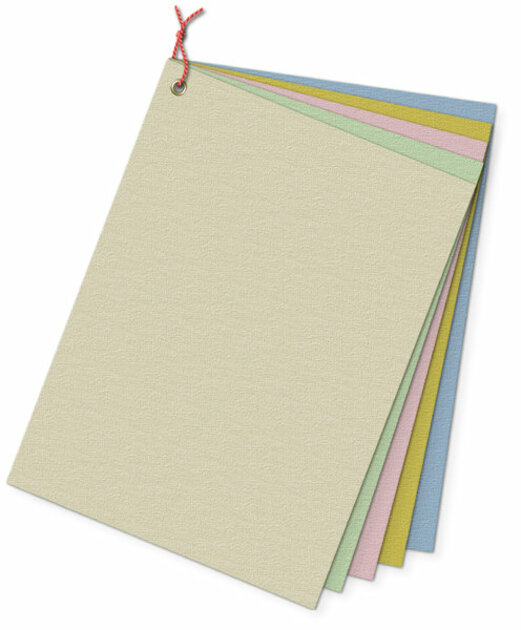
Our Gemara on Amud Aleph tells us the following about young Talmidei Chachamim:
Regarding a Torah scholar who grows angry, it can be presumed that it is his Torah study that contributes to his high standards and over-sensitivity. Therefore, he must be given the benefit of the doubt. (This translation incorporates Rashi’s commentary.)
Not all demanding and difficult people have Obsessive compulsive personality disorder (OCPD), nor are all sages demanding and difficult. However, Rashi is describing a constellation of personality features that bear resemblance to OCPD, and there are specific reasons why those with OCPD might gravitate towards a profession that is within intellectual and religious pursuits.
According to the ICD-10 manual (International Classification of Disease) the basic features of OCPD are:
A Personality disorder characterized by feelings of doubt, perfectionism, excessive conscientiousness, checking and preoccupation with details, stubbornness, caution, and rigidity. There may be insistent and unwelcome thoughts or impulses that do not attain the severity of an obsessive-compulsive disorder.
In plain English, a person who can be unusually stubborn or rigid, overly focused on details and perfection, overly cautious, and not trusting in other’s performance or reliability. What ICD-10 does not say, but many clinicians will attest to, is that OCPD also can be accompanied by restricted access to and expression of feelings and empathy, and sometimes miserliness.
The reasons why people with OCPD might be attracted to intellectual and clergy professions is that their high standards and attention to details offer a perfect fit. In addition, the lack of emotional expression and empathy might actually allow them to function in extremely tense and challenging situations without being distracted, such as community politics and life traumas such as death. Meaning, they can muster a superficial or even genuine empathy within the limited playing field of their professional duties while still live a personally emotionally abstinent lifestyle. Therapists also can easily fit this profile and את חטאי אני מזכיר היום
I am both a rabbi and a therapist so I definitely qualify. More on this a bit later.
Ben Yehoyada here asks why is the statement specifically about young Torah scholars? While he offers a different answer which I won’t get into now, I will suggest that perhaps we only should cut some slack for the young hot heads. But as one ages and matures, it is expected that even the Torah sage get a grip and refine his character.
The truth is, when I reflect back to my 20’s-30’s, I believe I did suffer from OCPD. I was too caught up in internal demands from myself, expectations of others, and limited in emotional sensitivity and empathy. I will also say, that much as I truly admired my rebbeim and my father, I believe the thought processes engendered by my yeshiva training fed into this warped out of proportion view of self and emotions. It took me many years to slowly wise up and develop past these deficits and personality flaws. Calling personality disorders a disease is a terrible disservice. Many people quite frankly have shlechter Middos and need to Learn humility, empathy and emotion regulation. Though I do not really believe it is a disease, there are childhood wounds and traumas that may block empathic and emotional access. I also can attest that psychotherapy, as part of an overall reflective and mindful process of self awareness and emotional growth is a great way to develop beyond these flaws.
Translations Courtesy of Sefaria, except when, sometimes, I disagree with the translation ![]()
Do you like what you see? Please subscribe and also forward any articles you enjoy to your friends, (enemies too, why not?)
 Previous
Previous

